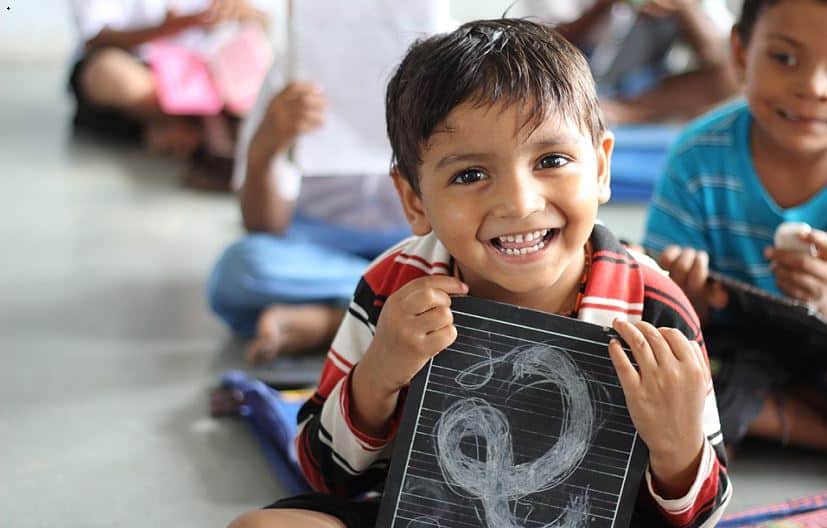Life
Survey: Indian parents don’t know how to nurture their children’s interests
Less than half the parents felt the need to understand how they could nurture their child’s interests in detail.
A survey conducted with a group of parents from across India offered significant insight on how parents approach, address and nurture their children’s interests. The data revealed that there is a critical need for most parents to learn how to identify these interests and align activities in accordance with it. The survey showed that there is an increasing awareness that by focusing on a child’s interests as opposed to their performance and starting at an early age, could ensure they grow up to be happier adults in the years to come.
The sample included over 800 respondents from various locations in India, from this, 16% parents linked their children’s interests to hobbies and 11% linked it to aptitude. The findings further showed that only about 1/4th parents said they have a ‘very good idea’ about their children’s interests, while 20% said they ‘did not know’ what their children’s true interests were and 54% admitted to having ‘somewhat of an idea’. However, 73% of the parents felt that their child’s interest was a reflection of their happiness.
The survey outlined the challenges parents face, with 25% saying they find it difficult to ascertain interests and 31% are unable to keep track of the changing interests of their child. Less than half the parents felt the need to understand how they could nurture their child’s interests in detail.
The survey is an independent survey conducted by Pinwi (Play-Interest-Wise) – a data driven app for child development and smart parenting. Rachna Khanna, Founder & CEO, Pinwi, says, “Parents rely on their instinctive understanding of their children’s Interests, which is loosely based on day to day observations and clues they pick up during their interactions with them.”
Pinwi believes that the market is flooded with recognised tests, exams, assessments to map children’s aptitude and performance, which pushes our children to be competitive and performance driven. However, there is no defined tool to map what drives children’s interests objectively. The brand tries to map what drives children’s interests and assists parents in indentifying the same and gain insight so as to make choices that are related to and focus on these.
Khanna says that people earn education degrees out of peer pressure and often take up a career that is not in line with what they like. “Most people you meet will say they would have picked a different career path, given a choice,” she says adding, “It is no surprise then that while these decisions fulfill us in the short run, in the long run they only lead to dissatisfaction and professional fatigue. That’s the gap Pinwi aims to bridge.”






































